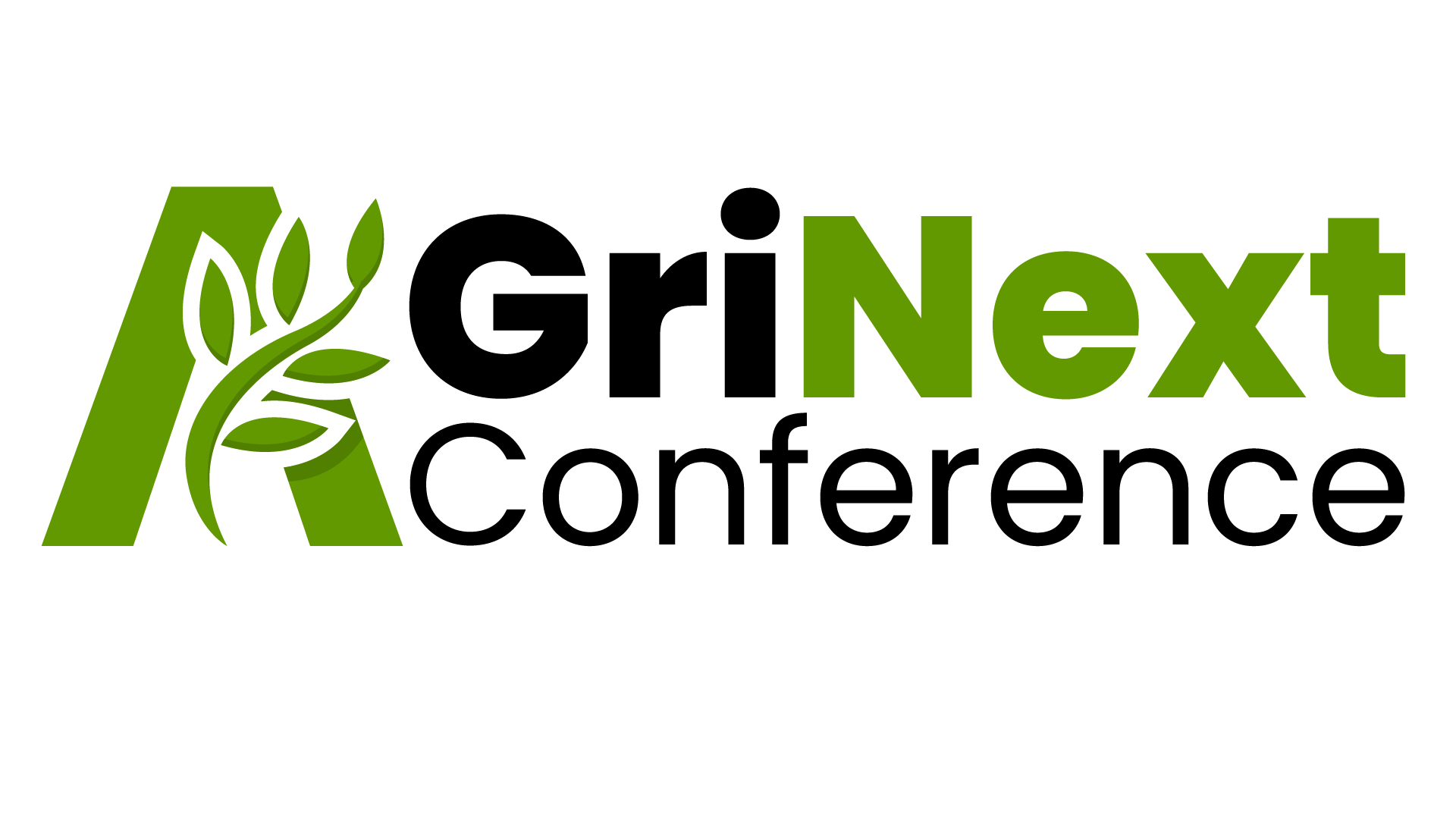
Daniel Podmirseg
The vertical farm institute GmbH was founded in September 2020 as the natural evolution of the “vertical farm institute” association established in 2016. Driven by promising research findings and a steadily growing interest in urban food production the company bridges the gap between analysis and architectural implementation. It brings together scientific inquiry and practical urban sustainability, fostering collaboration among academia, industry, and municipal stakeholders to transform urban food supply. The institute advances basic, industrial, and experimental research in controlled environment agriculture (CEA), focusing on integrating vertical farms into urban structures. This research stems from the dissertation of founder and CEO Daniel Podmirseg. His 2016 study, “up! Contribution of Vertical Farms to Increase the Overall Energy Efficiency of Cities” (Cuvillier), analyzed global agricultural energy consumption and the earth’s biocapacity for food supply, demonstrating how urban vertical farming can enhance energy and resource efficiency. Building on this foundation, the multi-disciplinary team has led multiple research projects. One explored adaptive façade system, optimizing energy performance and occupant comfort through dynamic physical properties. Another prepared a prototype vertical farm in Vienna, addressing plant physiology, architectural typology, climate analysis, and building technology. A study in St. Pölten assessed municipal buildings for vertical farm integration using energy simulations, lifecycle cost analysis, and socio-economic modelling with citizen input. Additional projects, such as one on resilient, climate-neutral urban districts, and initiatives like VITALITY CITY and Horizon 2020 – euPOLIS, expand the institute’s work by developing energy balance models and integrating nature-based solutions and blue green systems into urban planning. CEA in general holds transformative potential for real estate and urban development - a promise that the vfi is boldly exploring. Operating at the confluence of developers, the horticultural sector, and architecture, the vfi works through every planning phase of project development to craft solutions that integrate architectural innovation, typological clarity, energy efficiency, and yield optimization. At its core, the institute is on a mission to close energy and material loops in a circular economy. It redefines the vertical farm as an essential structural component of the urban eco-system, envisioning it as the most critical building typology of the 21st century - a direct response to challenges such as climate change, energy transformation, and the need for resilient, interconnected urban economic networks. One of vfi’s standout tools is its proprietary simulation definition or framework - a sophisticated parametric simulation tool as graphic algorithm that continuously gauges how variations in project detail impact energy balances, yield expectations, and operational costs of the proposed functions and space programme. This dynamic approach ensures that each project is both economically viable and reaching global sustainable development goals. Commercially, the vfi as a private research entity bridges the focal points between fundamental research, experimental development, and industrial research, all while seamlessly integrating with the conventional design processes and design tools of a civil engineering company. Beyond its research mandate, vfi also develops prototype vertical farms for dissemination purposes or exhibition sculptures, it curates vocational trainings, and conference formats and provides strategic insights for clients across various decision-making levels.

